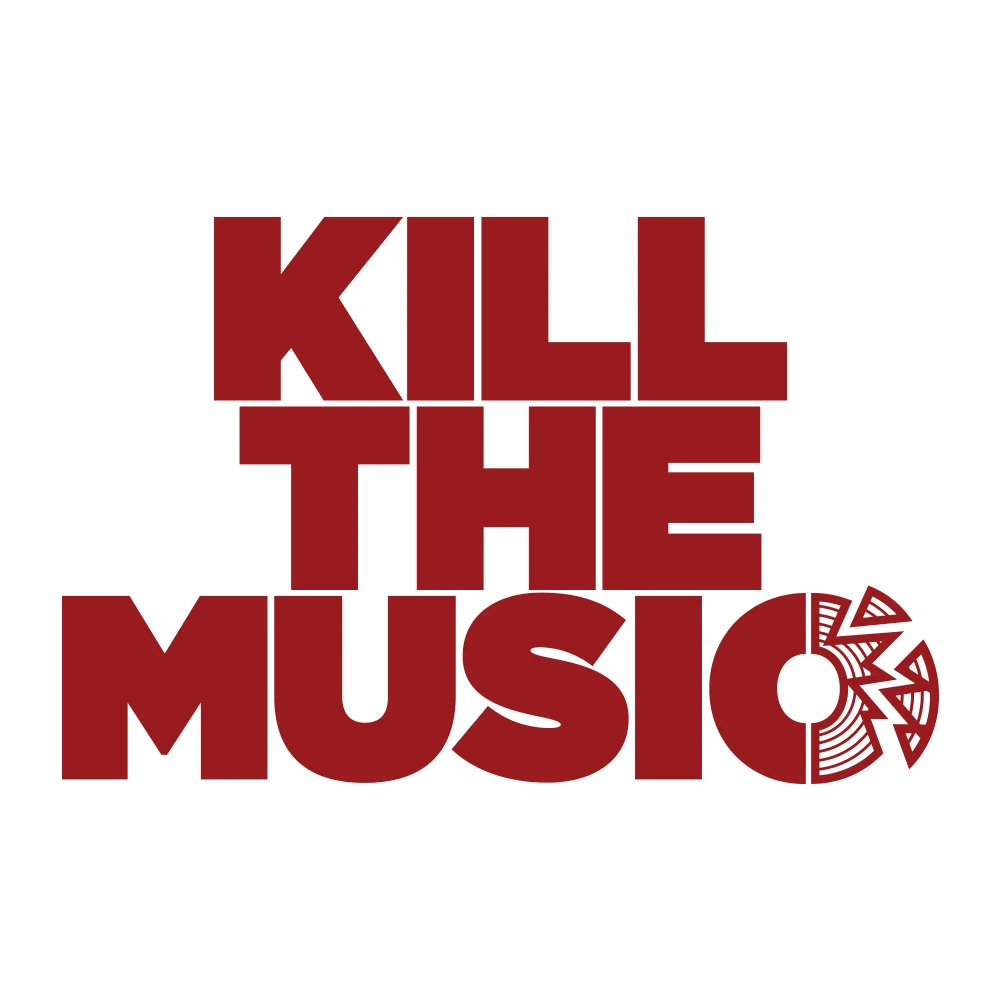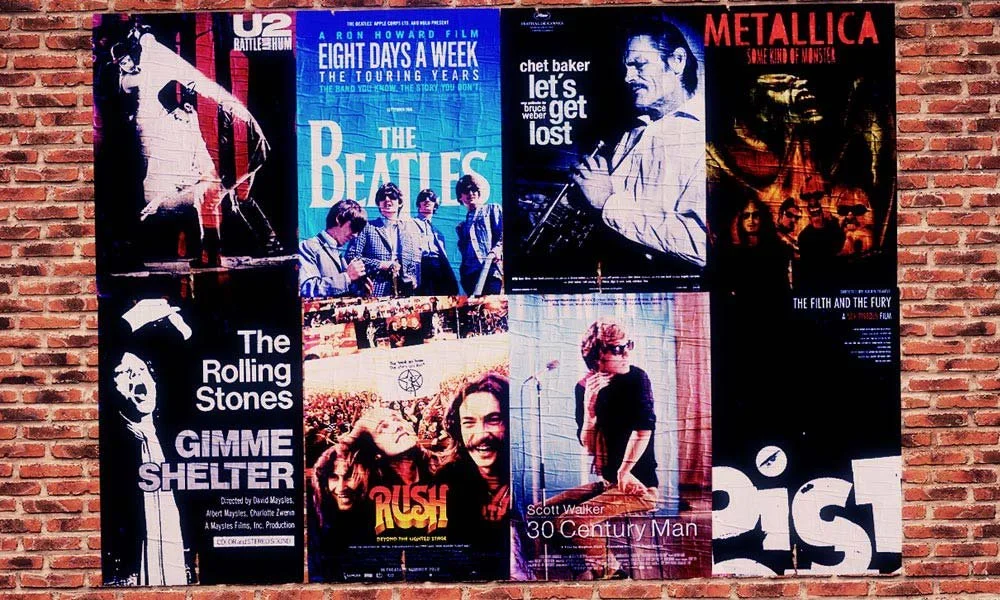The anticipation that surrounded the Disney Plus release of Get Back, the epic Peter Jackson directed Beatles film, showed just how much interest there is in delving deeper into the subject matter that fuels great musical documentaries, and it’s clear that the genre itself is experiencing something of a renaissance.
The music documentary genre has had its ups and downs and has, of course, been the subject of mockumentaries like This is Spinal Tap, and the advent of a number of new streaming services has given the topic a newfound audience, with different providers offering glimpses into the lives of either a specific concert or the trials and tribulations of a band or artist.
There are many ways to shoot and produce music documentaries. You have those that take the form of a single concert, perhaps spliced with behind-the-scenes footage, to those that chart the entire career of a star and those which are more subtle in their approach that seeks to delve deeper.
Some may look to add more ambiance to matter with the use of royalty-free music, others sticking solely to the back catalog of a relevant artist (which clearly would require relevant permissions and/or a huge budget).
Here are three of our favorites in the genre, and we’ve deliberately selected different styles to show you the expansive way in which music documentaries can be put together.
From the way they choose to get a specific message across to the viewer, who may be looking to be educated if the artist isn’t well known to them, or in more common cases to show avid followers of a band or an artist just what their favorite musical artists were really like.
Beatles: Get Back (2021)
Beatles-fanatics waited years for Peter Jackson, director of the Lord of the Rings trilogy, to complete his masterpiece, and it was well worth the wait.
The Kiwi director had access to upwards of 60 hours of footage that was captured during the ill-fated attempts to produce a documentary back in 1969 and lovingly put together by Jackson for a 468-minute long extravaganza.
Beatles: Get Back covers the 21 day period leading up to the band’s famous rooftop concert and shows the friction within the band as they were entering the final months before their acrimonious split.
The three-part series gives us a rare sight of the band together; at times, you can clearly see the group falling apart, but on the whole, the ambiance is one of togetherness, four
individuals who had spent so much time together but were seemingly all moving in separate directions.
The finale of the concert, played in full, captures the band at their most joyful and shows us, in many ways, what might have been had they not fallen out and pursued their solo careers.
The Last Waltz (1978)
Martin Scorcese’s epic direction and production of The Band’s final show is simply magical and has proven to be a mainstay of the genre.
The group brought in Scorcese to make a film of their farewell concert, and he made it a real production, using seven 35mm cameras to help really bring across to a watching audience just how a concert can be captured for an audience not present.
The Band is joined by stars of the era, with Neil Young, Joni Mitchell, and Bob Dylan joining the band in a wonderful show that has been regularly considered to be the greatest rock and roll concert film ever shot.
Searching for Sugar Man (2012)
This movie digs deeper into the history of a less well-known artist, namely Sixto Rodriguez, who proved a minor success in the 1960s but enjoyed newfound fame in South Africa in the Apartheid era and charts the efforts of a couple of fans who sought out the singer-songwriter to see what had become of him.
The expertly directed and edited movie went on to win an Oscar for Best Documentary Feature in 2013, and as a music documentary, it is quite like no other. The fans who had sought to find Rodriguez initially believed he had died.
When they found out he was alive and well, the film then charted the controversy as to where the royalties for his albums sold in South Africa had gone but closes with Rodriguez traveling to South Africa to perform a sell-out concert.
Not only did the movie become a huge success, but it also helped to bring Rodriguez’s music to a whole new audience, offering him a glimpse of the fame he had missed out on earlier in his life.
Amy (2015)
This movie charts the tragic rise and fall of singer Amy Winehouse and is a very frank portrayal of the life she led. It doesn’t look to sugarcoat the situation the young artist found herself in, and though it celebrates her great talent, it also shows the vulnerability that she displayed.
As far as music documentaries are concerned, this is one that is a warts and all style project where the essence of Asif Kapadia's works is one that attempts to show how Amy
Winehouse was a tortured soul who couldn’t find the redemption she was looking for, while also doing a great job of showing off her unique talents.
Woodstock (1970)
There have been many documentaries that have sought to take a closer look at the phenomenon that was Woodstock, but the original documentary that covered the event itself is perhaps the best of them all.
The fact that Woodstock has become such a well-known concert is, according to most, due to the success of the film about the concert more than the concert itself. Indeed there is a sense that the number of people who claim to have been there has been partly inflated by those who watched the film and may have felt as if they were really there as it was happening.
The documentary covers great music, from Jimi Hendrix, The Who, and many others, as well as the filming of those who were there on those days in August 1969. Clearly, the concert came to mean much more than the event itself, it’s considered as the end of the 60s era, and from this viewpoint, the documentary takes on something of a historical context.
It won the Best Documentary Feature award at the Oscars and is still, to this day, regularly shown in cinemas and re-released as it’s an event that has seemingly taken on a greater significance than merely being the filming of a festival.
The genre of the music documentary is continually evolving, and filmmakers are; as a result, coming up with ever-more revolutionary ways to capture the sights, sounds (and even smells) that go with documenting the life and times of musical greats.

